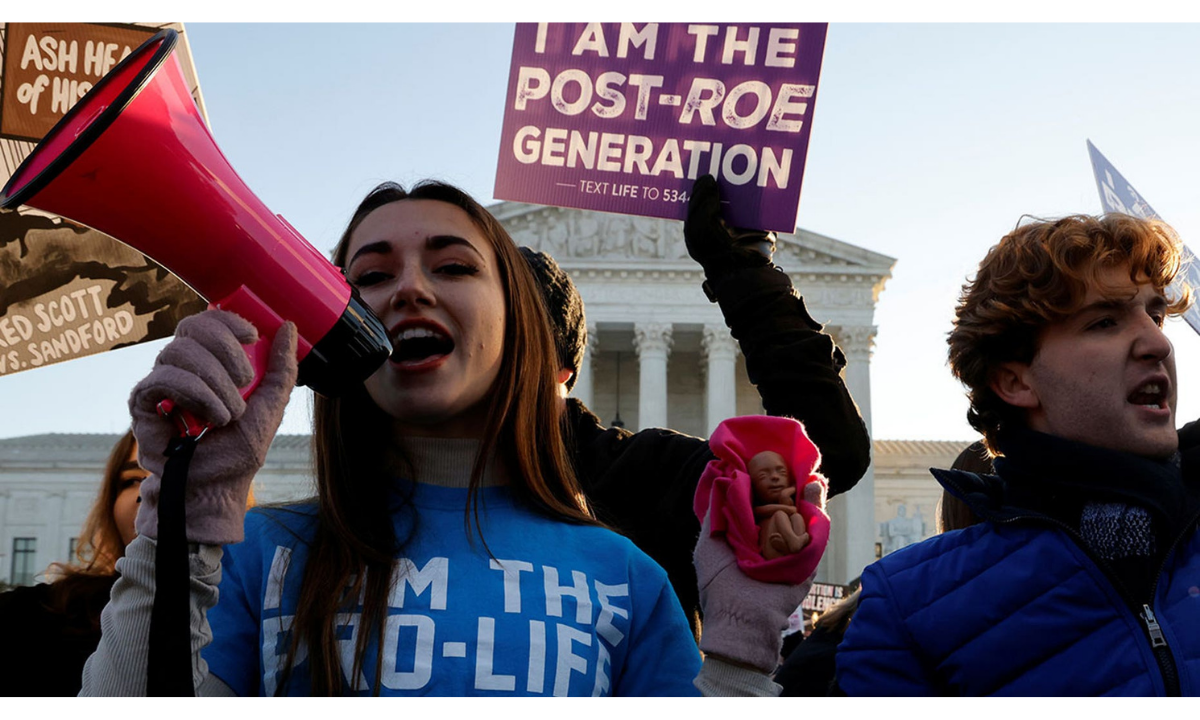Written by T. Logan Dayne
As the controversial Texas abortion law made it’s way to the Supreme Court, Justices Neil Gorsuch and Onia Sotomayor exchanged starkly different opinions. The constitutional right of abortion, unwritten and found between the lines of the Constitution, was defended by Sotomayor. “The chilling effect has been near total, depriving pregnant women in Texas of virtually all opportunity to seek abortion care with thein home state after the sixth week of pregnancy,” she declared. The critic would go on to say that it was a “dangerous departure from its precedents” and that the federal court “should issue relief when a State enacts a law that chills the exercise of a constitutional right and aims to evade judicial review.” Sotomayor voiced further concern that not taking action invites other states to pass similar legislation and would nullify the federal right to feticide.
Gorsuch responded in no uncertain words to Sotomayor, that the court rejects this line of thinking. Gorsuch writes, “If nothing else, she says, this fact warrants allowing further relief in this case… Here again, however, it turns out that the Courts has already and often confronted-and rejected-this very line of thinking, As our cases explain, the ‘chilling effect; association with potentially unconstitutional law bein ‘on the books’ is insufficient to ‘justify federal intervention’ in a pre-enforcement suit.” He would go on to state that the court has been consistent in this and that “the petitioners are not entitled to a special exemption.”
Photo Cred: REUTERS/Jonathan Ernst




